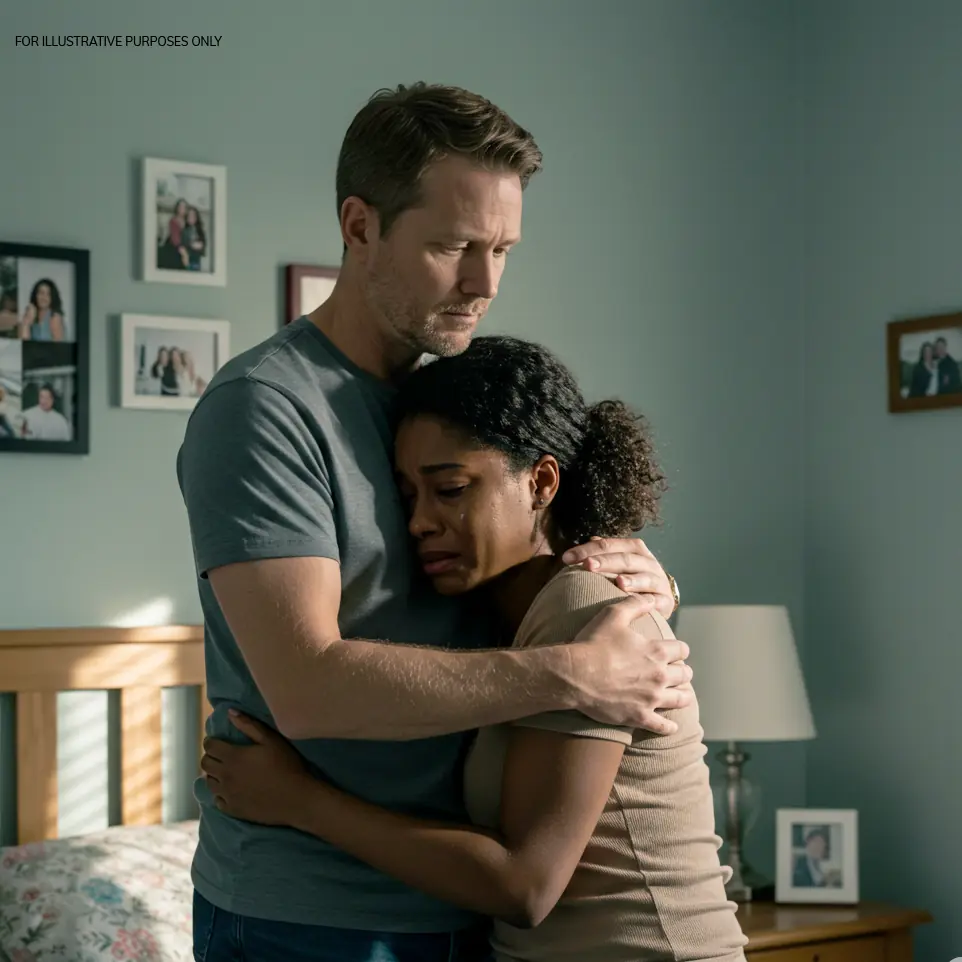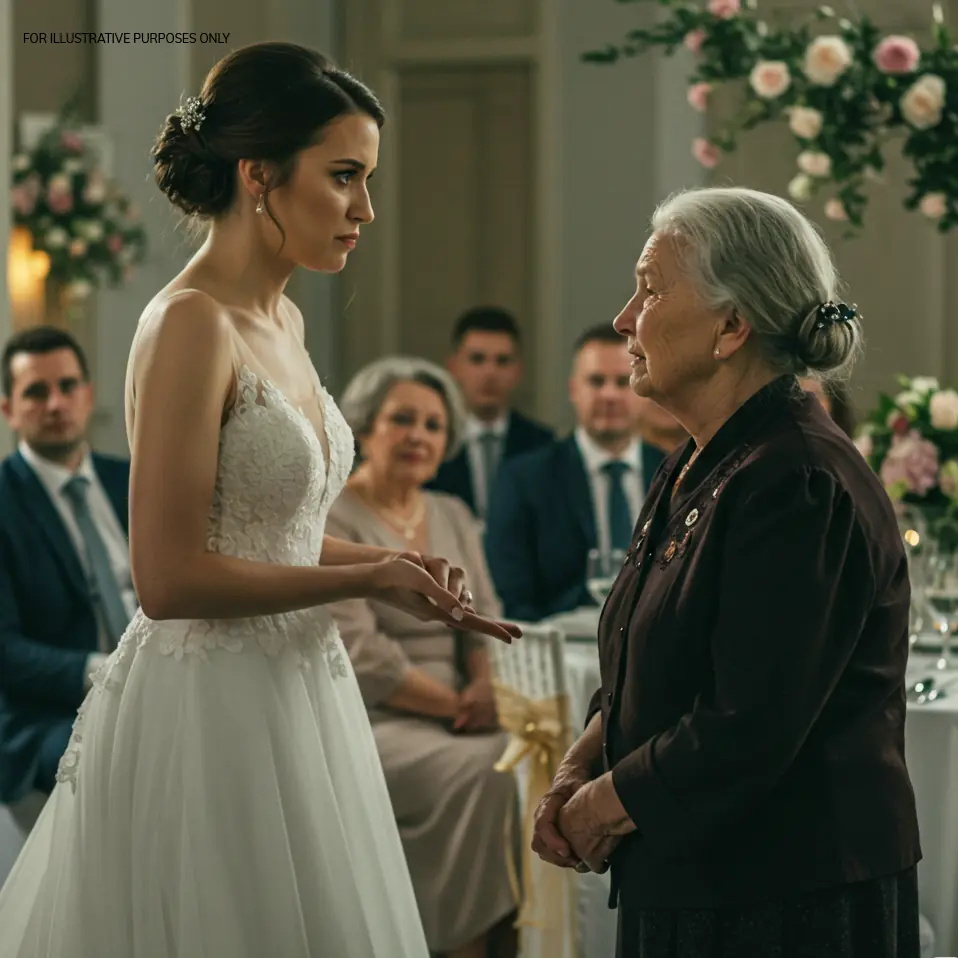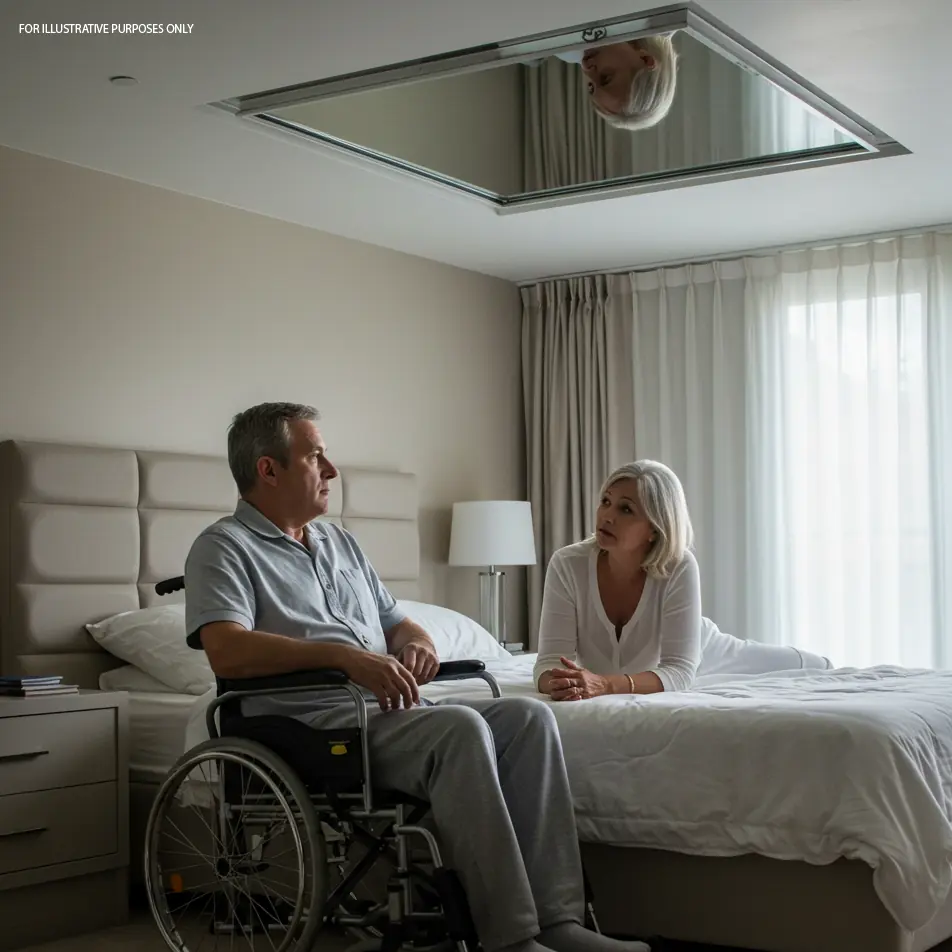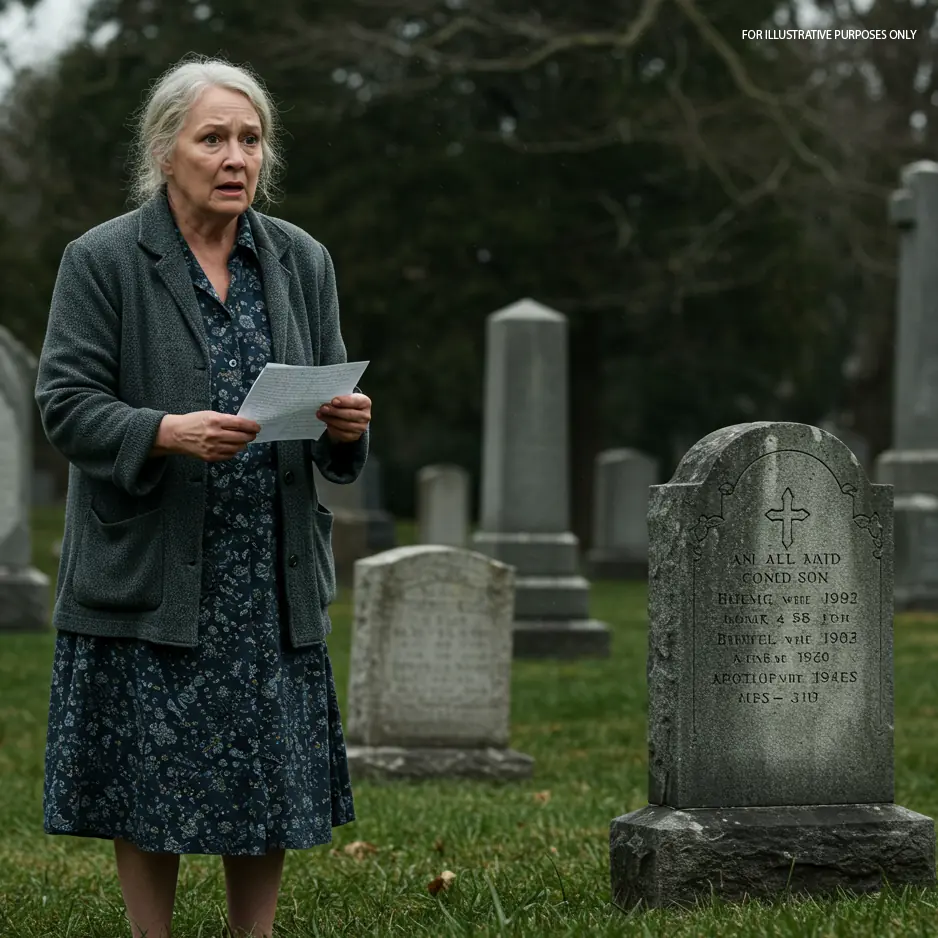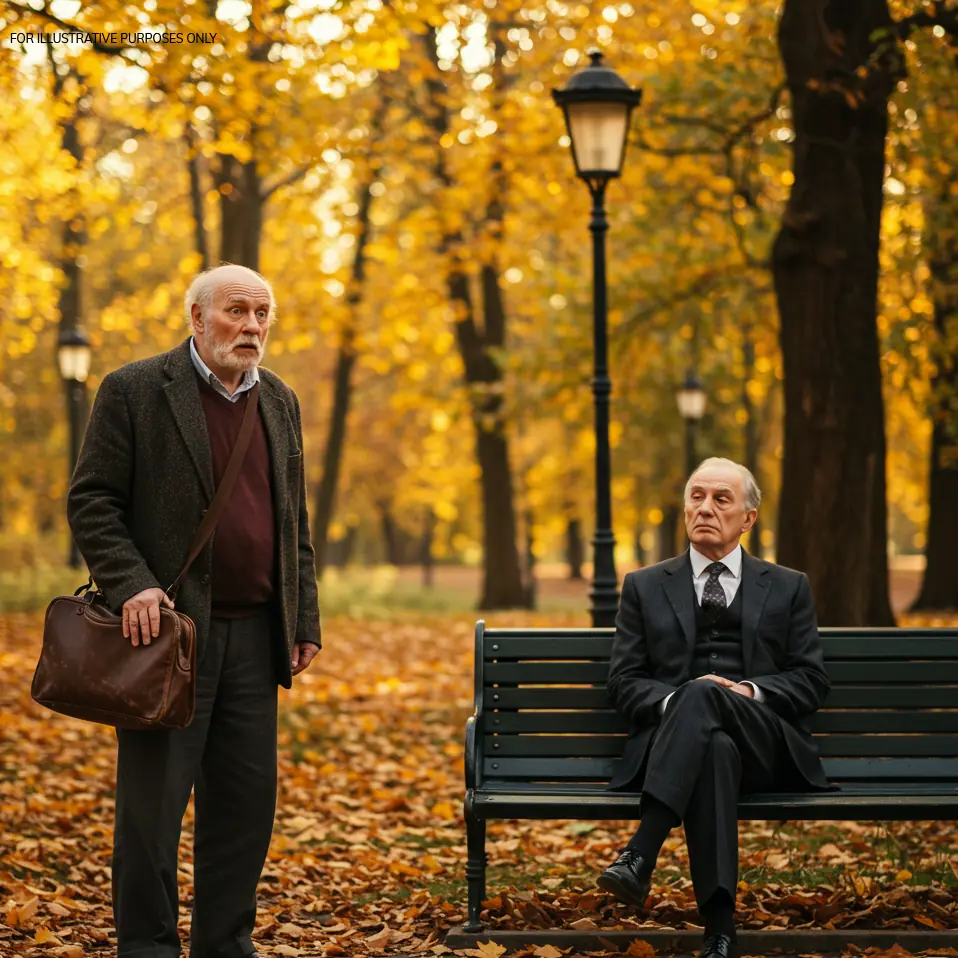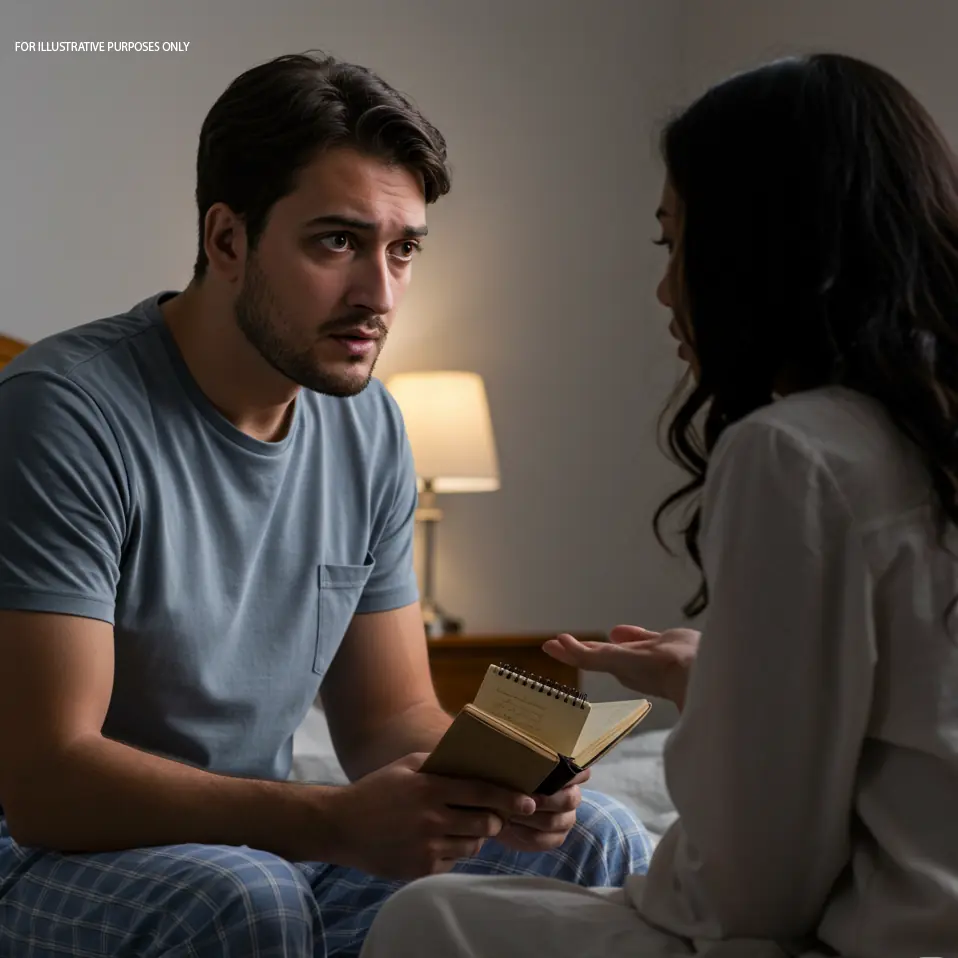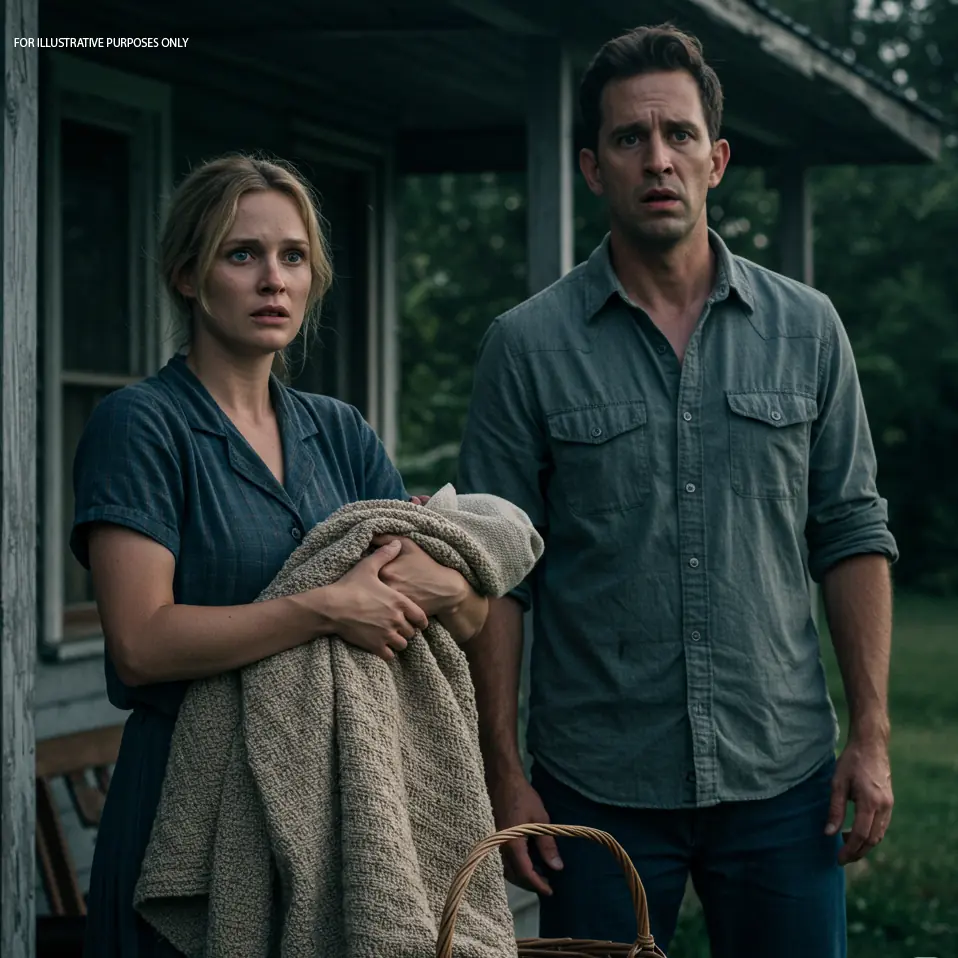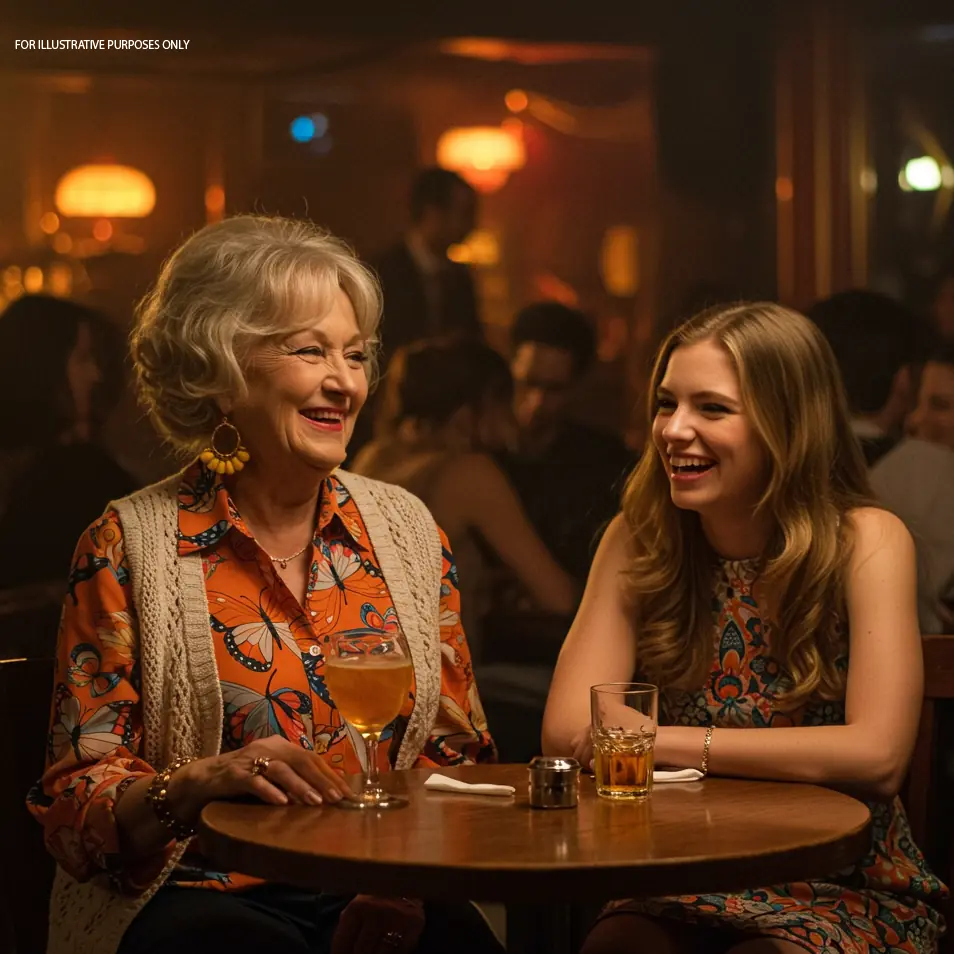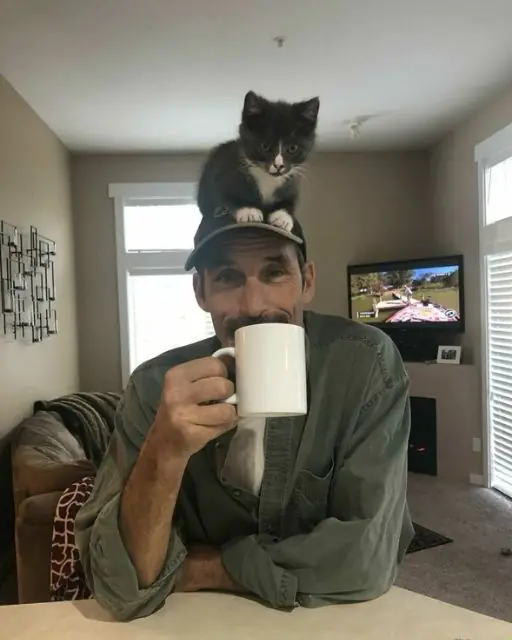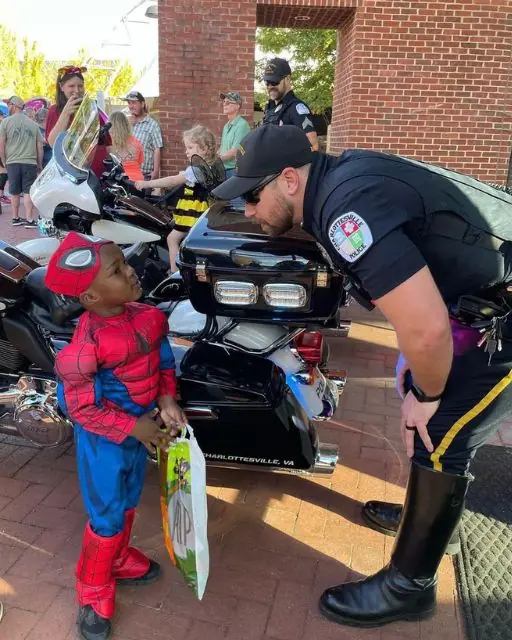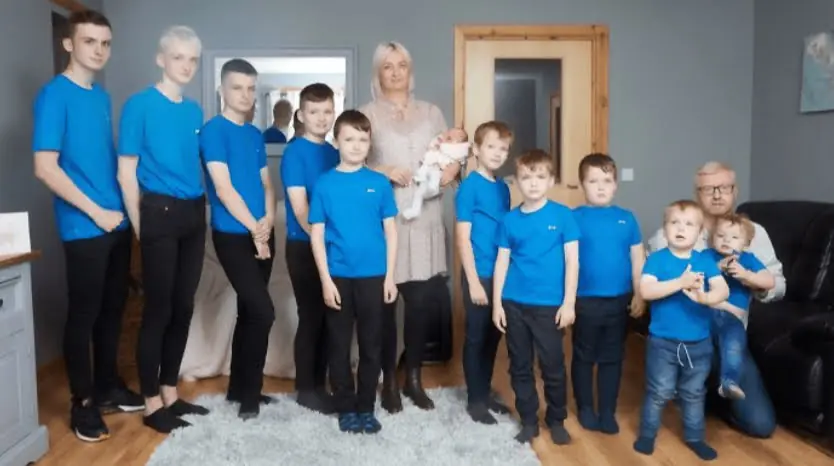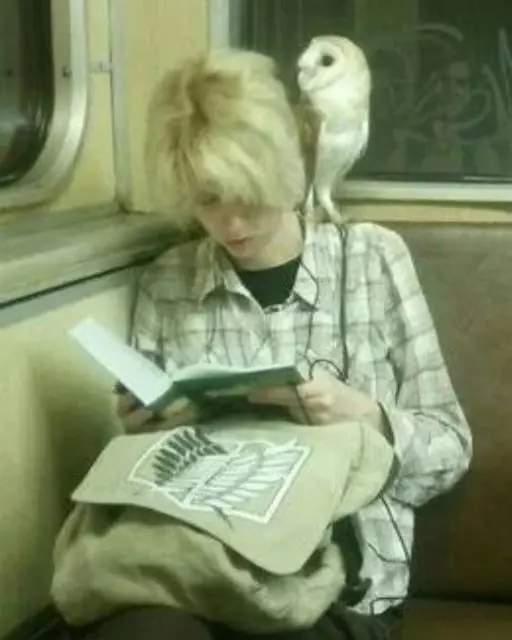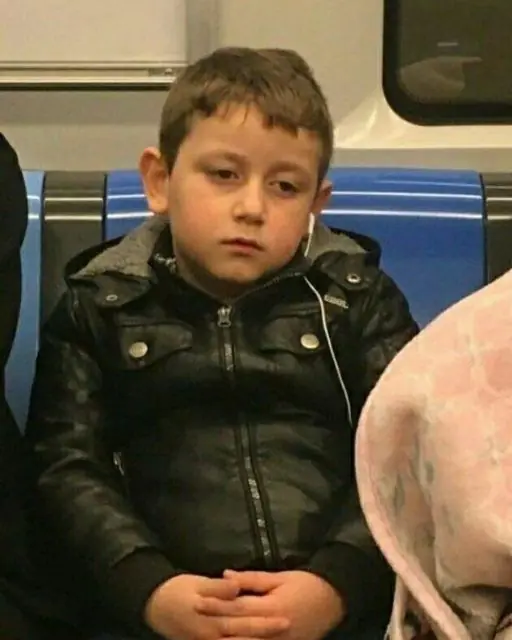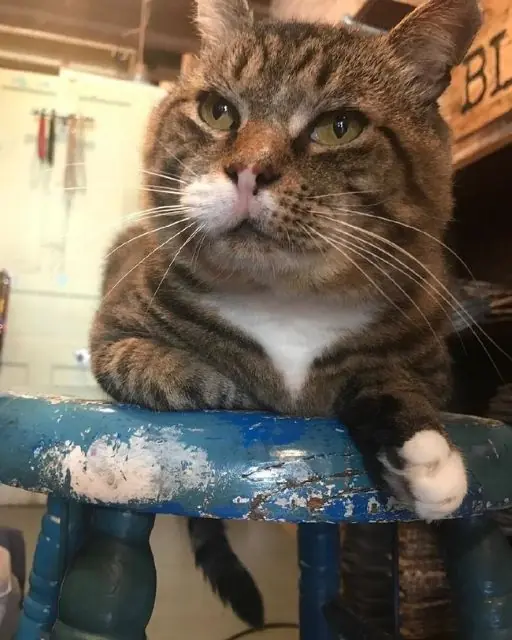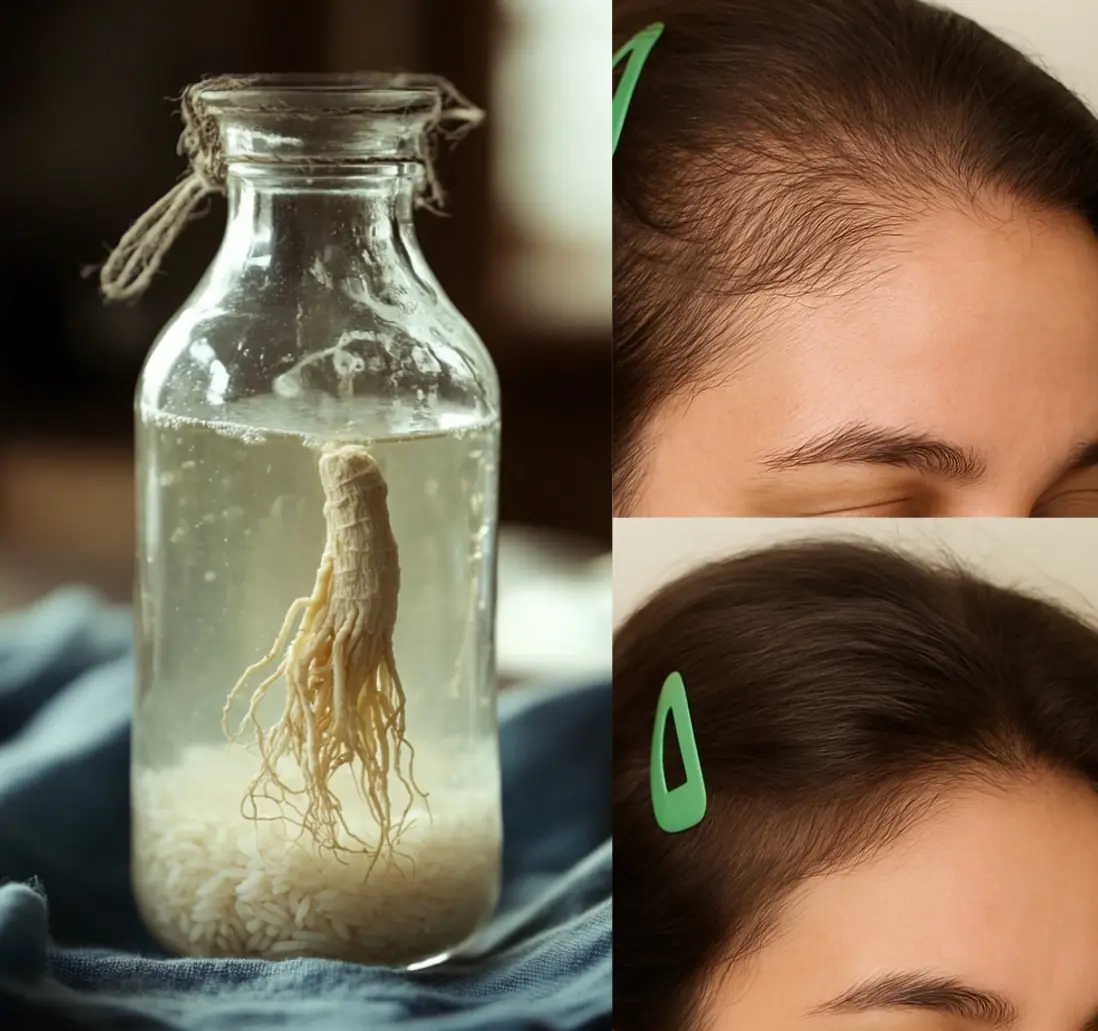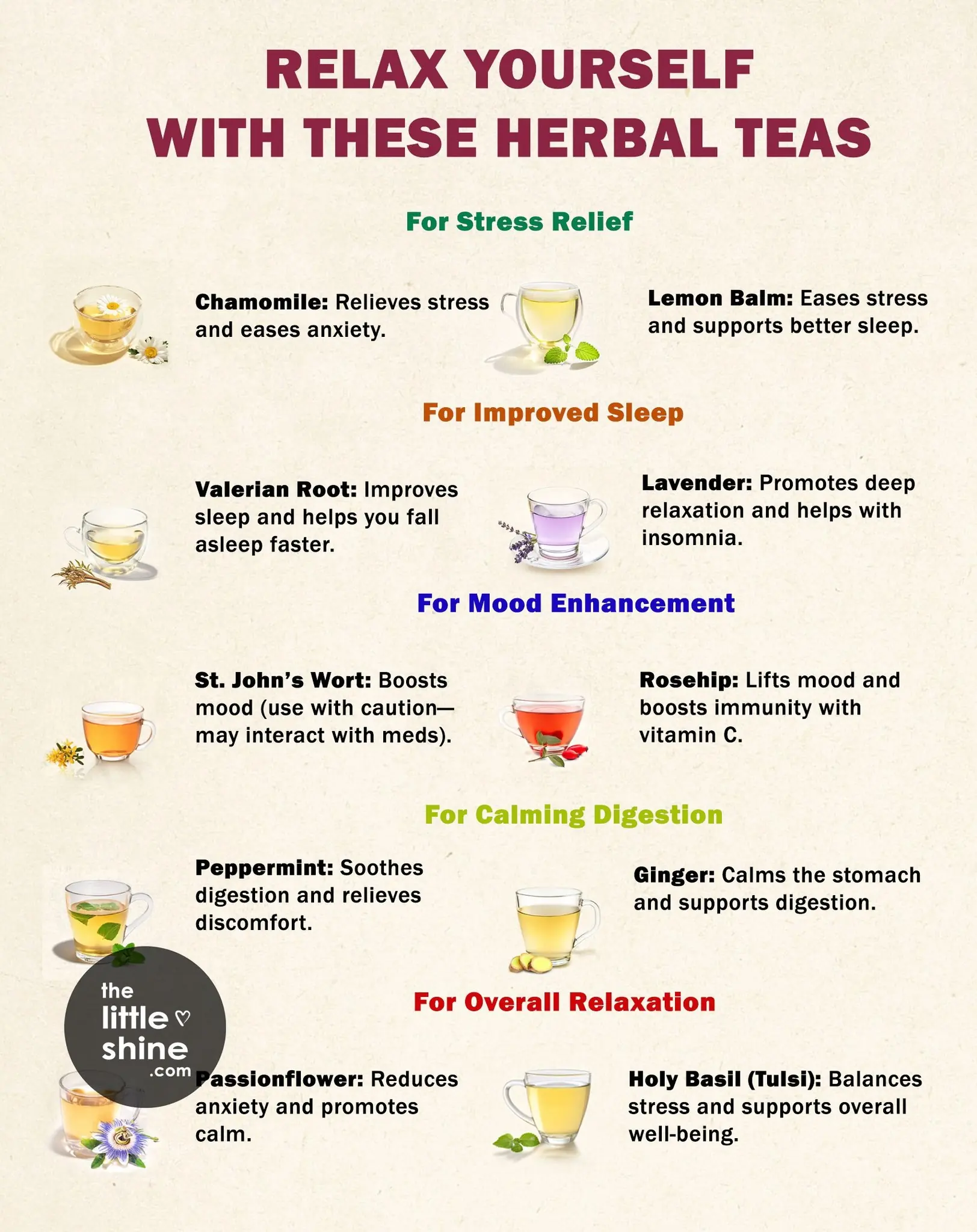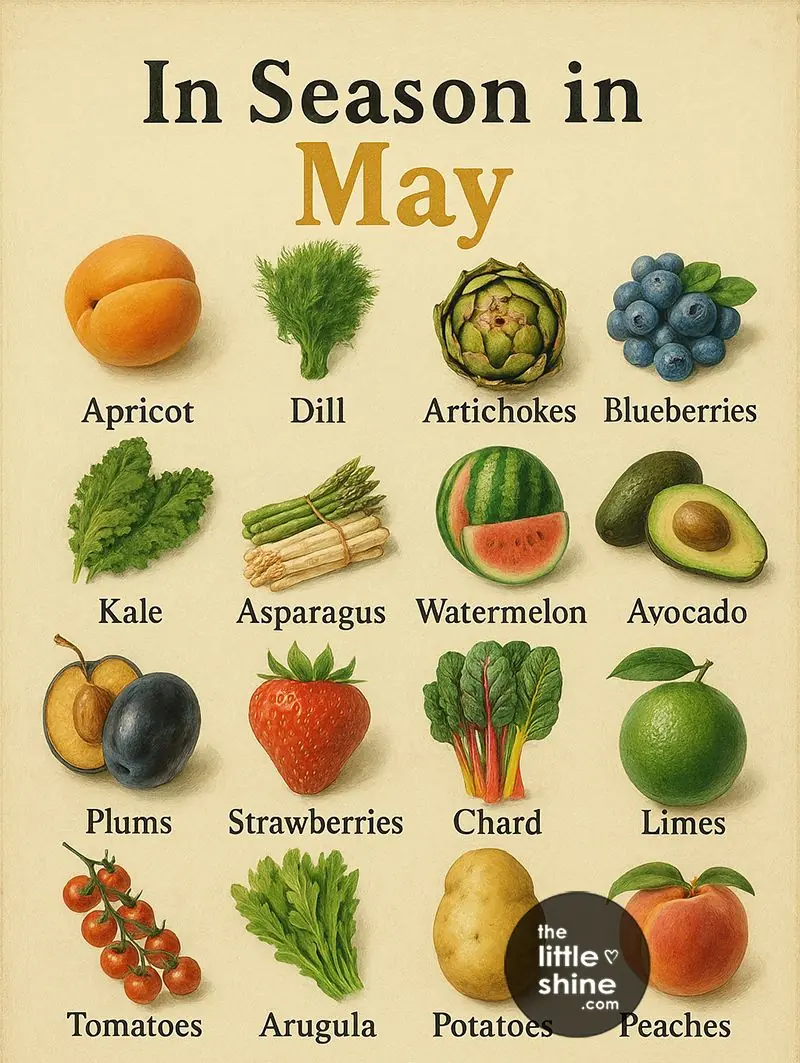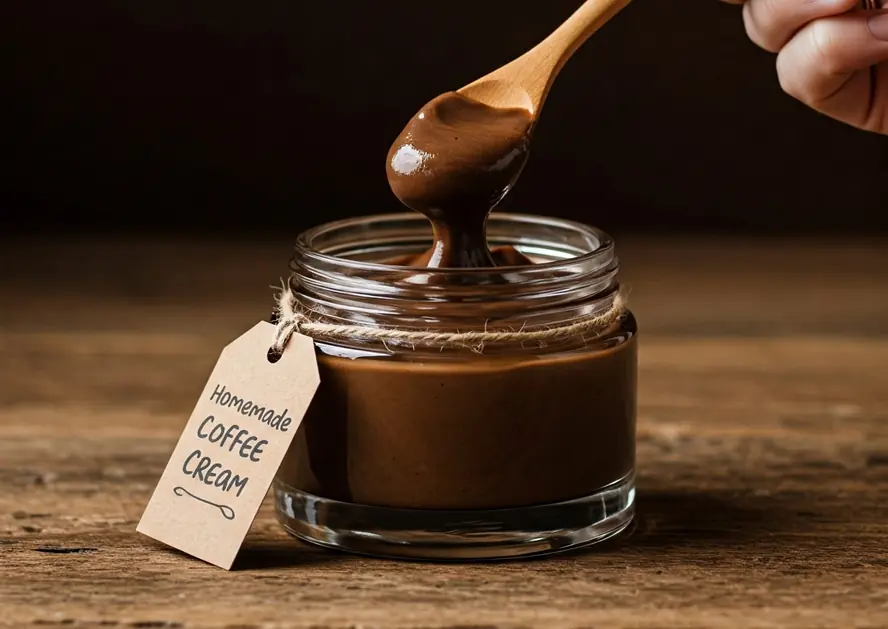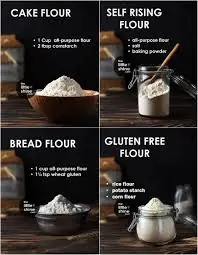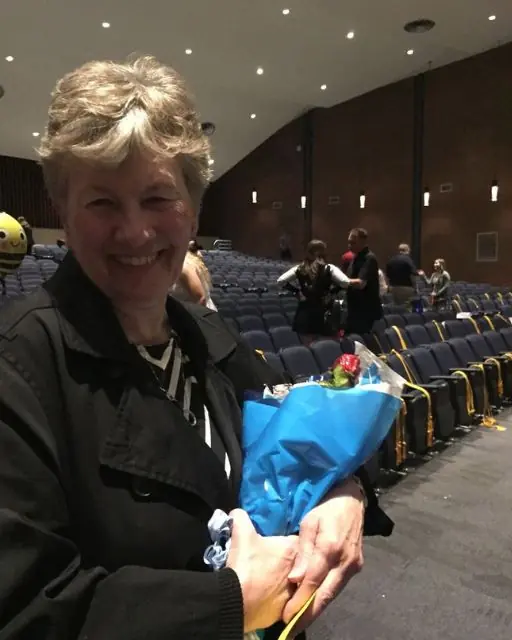
The smell of old carpet and stale air filled the theater as I entered. But there was something different about the scene unfolding before me. On stage stood a woman in her 50s, her voice stronger than I expected, radiating confidence despite the small crowd. Her energy illuminated the room, yet as I looked around, the emptiness of the theater seemed even more apparent. The applause, though warm, echoed into the silence, making the absence of a full house impossible to ignore.
As the performance ended, the audience broke into small groups, catching up with friends and taking pictures. She, however, stood by herself in the corner, clutching a bouquet of flowers wrapped in bright blue paper. She didn’t seem to mind the solitude, but there was something in her demeanor—something that made me stop and pay attention.
As I walked past, I noticed how her eyes briefly flicked to the exit and then back down to the flowers, a subtle sadness in them that caught my attention. Without thinking, I approached her.
"Your performance was incredible," I said, offering a genuine smile. "You brought the character to life, it felt so real."
She smiled back, but there was something tired behind her eyes, a quiet sorrow that seemed to weigh her down. "Thank you," she replied softly. Then, almost to herself, she added, "It’s a little lonely out here."
I was caught off guard by her words. "Did your family come to see you tonight?" I asked, trying to ease the tension.
She hesitated for a moment, her eyes shifting to the side before looking back at me. "No," she said simply, hugging the flowers tighter to her chest. "I didn’t really expect anyone. It’s… complicated."
I didn’t know how to respond at first, but she continued, her voice quiet and vulnerable. "My kids live far away now, and after my divorce, I lost touch with a lot of people. It's funny, you know? You give everything you have to others for so many years, and then one day, you realize you’re the only one left cheering for yourself."
Her words hung in the air, thick with the weight of truth. There was something so raw, so real in her vulnerability that it made my heart ache. Here was a woman, standing alone, her face weathered by years of giving, and yet still clinging to the hope that somehow, everything she’d done mattered.
I swallowed hard, unsure of what to say next. But something inside me urged me to offer her more than just sympathy. "You know," I said with a soft smile, "sometimes the smallest crowds can matter the most. Even if they don’t seem like it at first."
She gave a small, appreciative smile, but it quickly faded. "It’s hard, though. The world doesn’t notice you unless you’ve made it big, and by then, it’s almost too late. I don’t even know if it’s worth it anymore."
Her words struck me deeply. It wasn’t just the sadness in her voice, but the familiar resignation in her tone. I realized then how easy it is to lose yourself in the process of trying to please others. The desire to be seen, to be valued, is a constant battle, especially when you’re constantly giving of yourself and feeling like no one notices.
I took a deep breath, trying to find the right words. "You know, I think the point is that you did it. You performed tonight, you gave everything you had. The crowd might not have been full, but you still showed up, and that matters more than you think."
She looked at me, her expression softening for a moment. "I used to believe that," she said quietly, looking down at the bouquet in her hands. "I thought if I just kept going, kept doing what I loved, maybe I’d find something that made it all worth it. But now… I’m not so sure. Maybe I’ve been chasing something that doesn’t even exist."
I felt a sudden connection to her, as if I understood exactly what she was going through. There were times in my life when I wondered if the effort I put into everything really mattered, if my dreams were just distractions to keep me going. But standing there, listening to her, I realized how much strength she had. She was still showing up, still giving it everything she had, even though the world didn’t seem to notice.
"You’re not chasing nothing," I said, more confidently than I felt. "Maybe it’s not about getting everyone to notice you. Maybe it’s about knowing that you gave it your all. Even if no one else sees it, you still get to own that. You still get to feel proud."
She looked at me, her eyes searching mine for a long moment. Finally, she smiled, a small, knowing smile. "Maybe you’re right," she said softly. "Maybe it’s not about waiting for someone to validate you. Maybe the real reward is in doing it for yourself. The rest of the world can’t give you that."
It was in that moment that I realized I had learned something from her. She had been carrying her struggles in silence, but in doing so, she had shown me what true resilience looks like. Her strength wasn’t in how many people were watching or applauding—it was in her ability to show up for herself, even when it felt like no one else was.
"Thank you," she said quietly, her voice barely above a whisper. "I didn’t expect anyone to talk to me tonight, but you made me feel like I’m not invisible after all."
I smiled, a little embarrassed by the weight of her words. "You’re definitely not invisible," I said. "You’re not just giving it your all for a crowd. You’re doing it for yourself, too. That’s what makes you stand out."
For the first time that evening, her smile was completely genuine. It wasn’t tinged with sadness or hesitation, but full of acceptance. It was a quiet victory, one that didn’t need applause to feel meaningful.
"I should probably go," she said after a brief pause, glancing at the empty seats one last time. "I’m sure you’ve got somewhere to be too."
But before she could walk away, I stopped her. "Do you mind if I walk with you for a bit? I could use the company."
She raised an eyebrow, a little surprised, but then nodded. "I’d like that. Thank you."
We walked out of the theater together, the night air cool against our skin. As we talked, I learned more about her life, about her dreams and disappointments, and about how she had found purpose in teaching and mentoring others, despite her own struggles. Her life hadn’t turned out the way she had planned, but she had created meaning in the small ways she could. She was still giving, still showing up, still finding her way.
As we reached the corner where we had to part ways, she turned to me, a smile on her face that seemed to carry all the weight she had been carrying for so long.
"You know," she said, her voice filled with something I hadn’t heard before—hope, maybe. "I think I’ve been waiting for someone to remind me of what really matters."
I smiled back, the weight of the night lifting from my shoulders. "I think we all need a reminder sometimes."
She nodded, her grip tightening around the bouquet, and for the first time in a long time, I saw her walking away with a sense of peace in her step. The flowers in her hands seemed to symbolize her own journey—a reminder that even in the quietest moments, there is something worth celebrating.
Sometimes, the greatest breakthroughs come not from grand gestures or applause, but from quiet acceptance, from showing up for yourself even when the world doesn’t seem to notice. And that night, I learned that lesson in the most unexpected way.
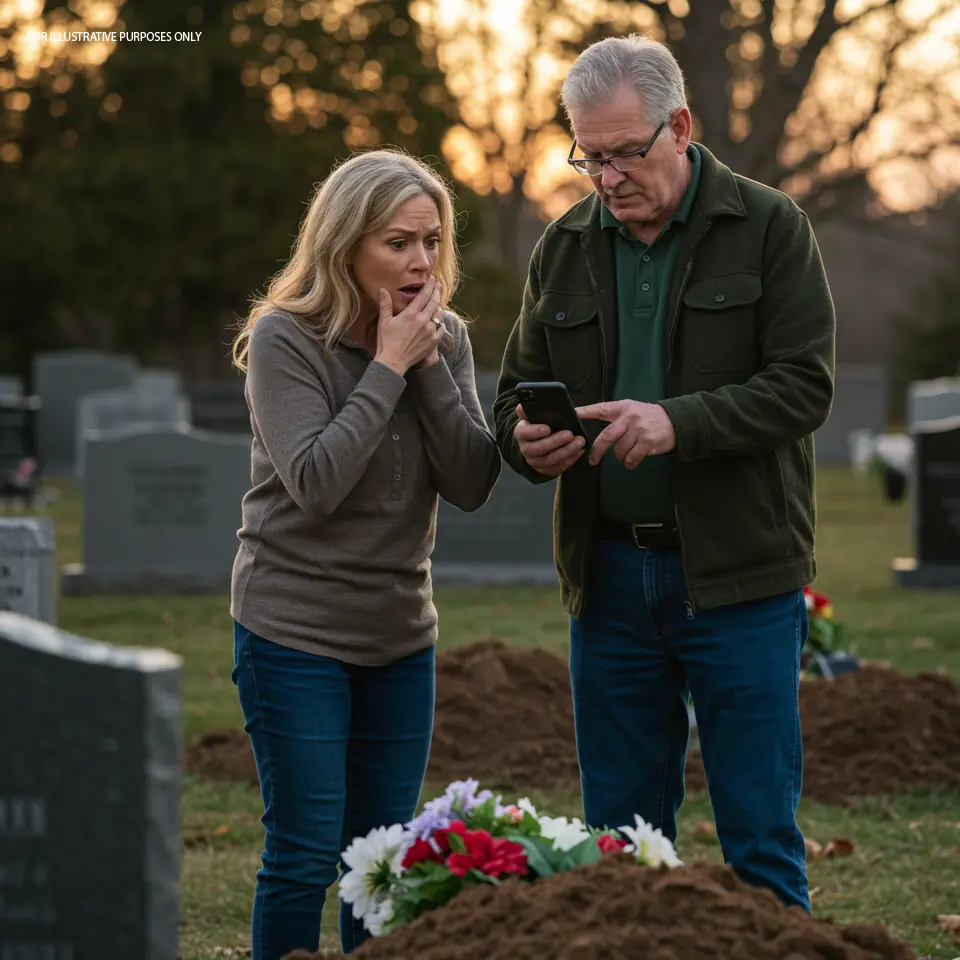
 The smell of old carpet and stale air filled the theater as I entered. But there was something different about the scene unfolding before me. On stage stood a woman in her 50s, her voice stronger than I expected, radiating confidence despite the small crowd. Her energy illuminated the room, yet as I looked around, the emptiness of the theater seemed even more apparent. The applause, though warm, echoed into the silence, making the absence of a full house impossible to ignore.
The smell of old carpet and stale air filled the theater as I entered. But there was something different about the scene unfolding before me. On stage stood a woman in her 50s, her voice stronger than I expected, radiating confidence despite the small crowd. Her energy illuminated the room, yet as I looked around, the emptiness of the theater seemed even more apparent. The applause, though warm, echoed into the silence, making the absence of a full house impossible to ignore.